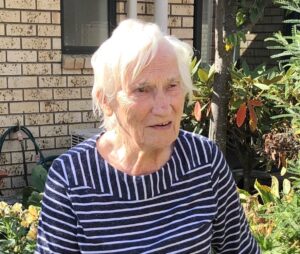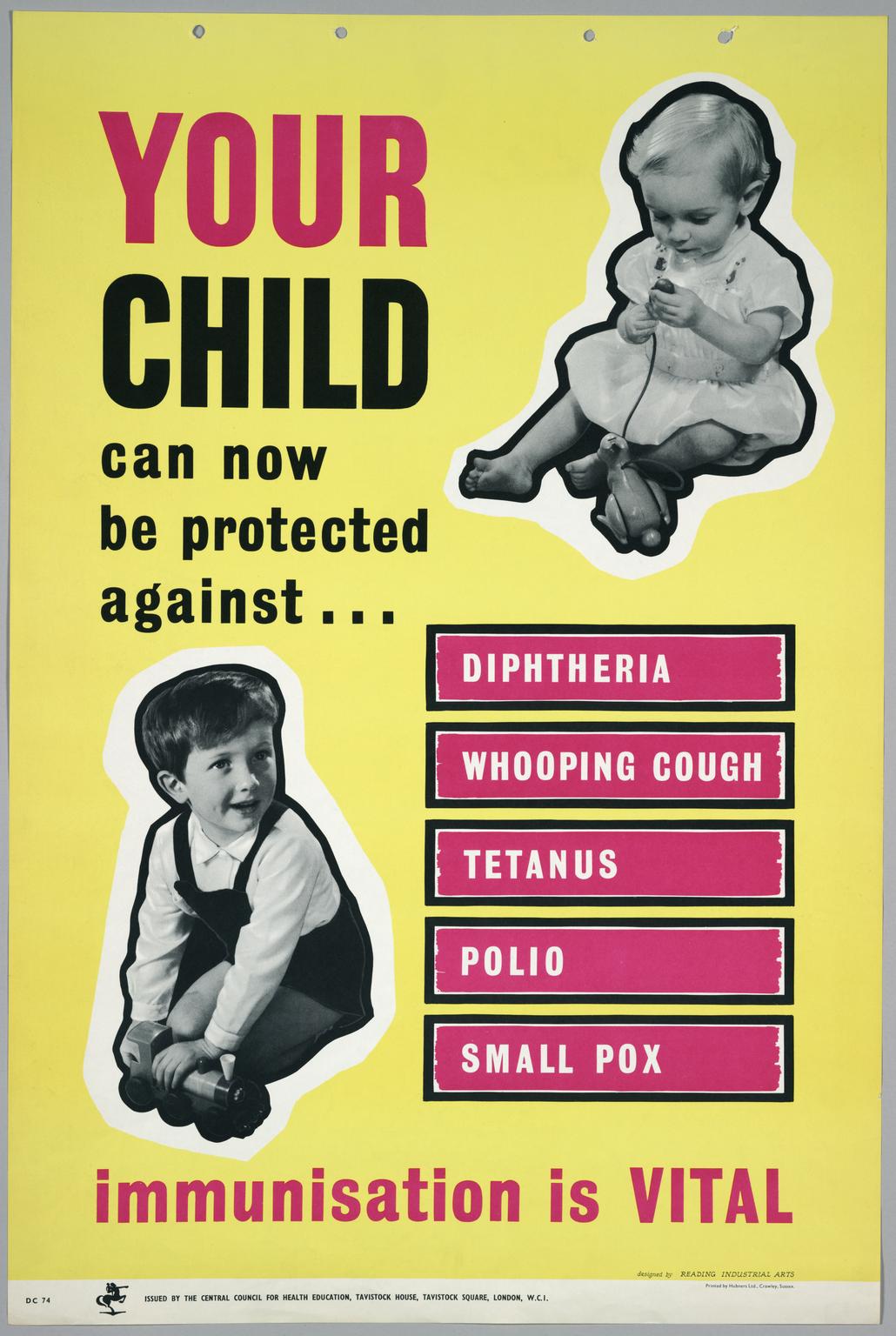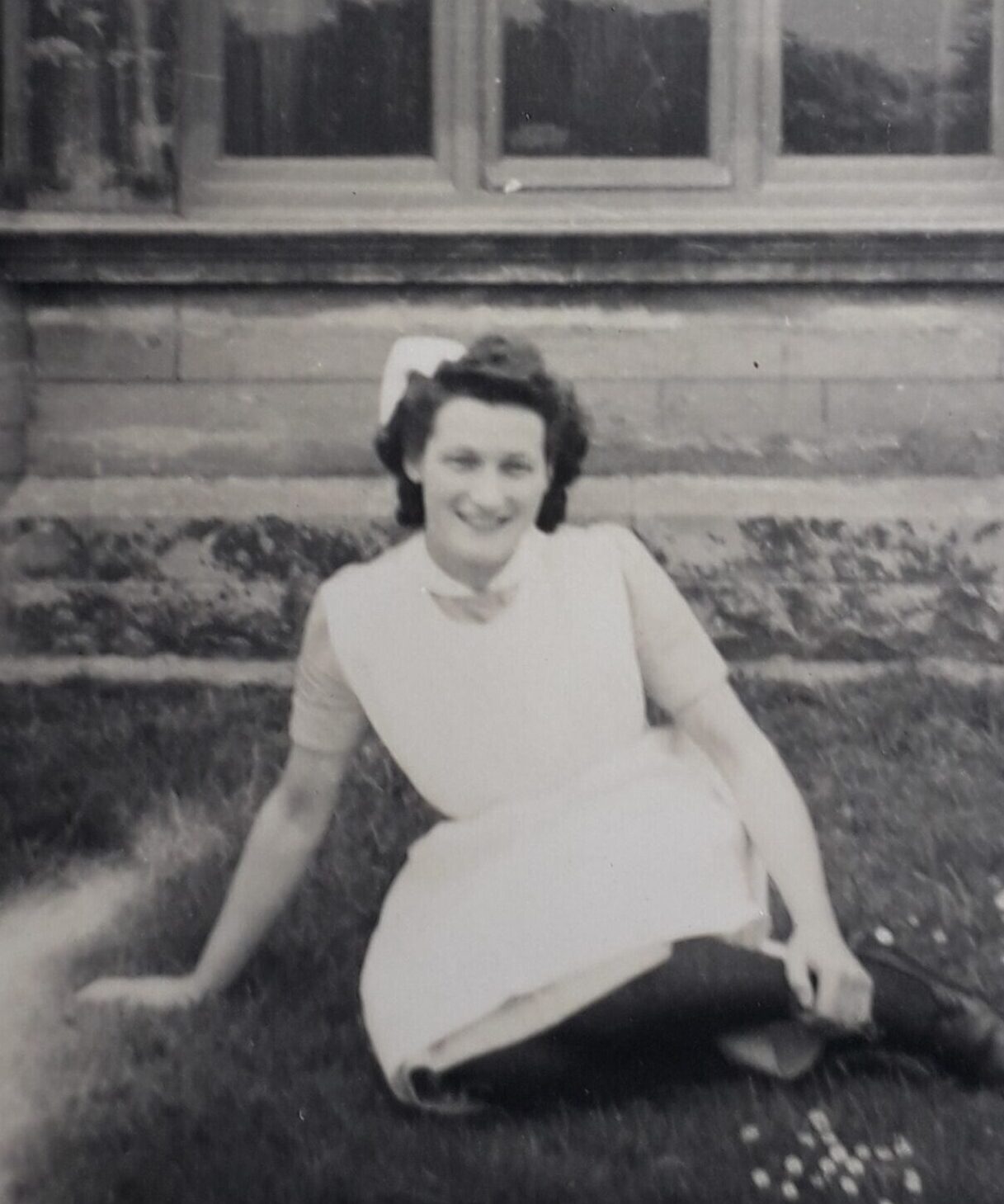
New Zealand has seen an array of protests over vaccination and vaccine mandates, including a three-week occupation of its parliamentary grounds in February which ended in violent clashes with police.
“It’s brought it all back to me with the COVID-19 virus.”
O’Neill – who turned 100 last year — says she is amazed that the worth of vaccinations is still doubted.
The “fever wards” she worked on treated people with infectious diseases such as scarlet fever, measles and diphtheria.
Over her long nursing career, the wards slowly closed down as people became vaccinated and the diseases were mostly eradicated, she recalled.
“England had such a lot of isolation hospitals, [but] as far as I know they’re few and far between now.”
“Diphtheria was quite a serious disease, but the people who died were all young — ones who had never been immunised.”
New Zealand, too, had its own infectious disease isolation hospitals. The country’s first vaccination was for diphtheria in 1926, which was provided to a few selected schools and orphanages.
By 1941 it was offered routinely to children under seven, and other vaccinations were introduced around this time for tetanus and whooping cough.

O’Neill remembers well the mixed views toward vaccination for diphtheria when she was a fever nurse.
When she asked families if they would have their child vaccinated, many refused — despite the risks the disease posed. Yet, at that time, diphtheria most frequently affected children.
“Diphtheria was quite a serious disease, but the people who died were all young — ones who had never been immunised.”
It has been estimated in 1943 alone there were a million cases of diphtheria in Europe, with 50,000 deaths.
O’Neill says it is “very sad” that the merits of vaccination are still being debated now, just as they were back then.
“It’s brought it all back to me with the COVID-19 virus.”

O’Neill moved to New Zealand in the 1950s on a nursing contract, and decided to stay here.
She worked in various nursing roles in Canterbury over her life, including as a midwife in Ellesmere.
O’Neill found working as a nurse “very rewarding”. She said it was wonderful to see the “laughs and smiles and a good recovery” from a patient who had been very ill when admitted.
This year, O’Neill has had her two COVID-19 vaccinations and booster shot. She says a lifetime of work in the health sector means she knows that vaccinations are keeping people as protected as possible during the COVID pandemic.
At June 20, 95 per cent of the eligible population over-12 had been fully vaccinated for COVID-19, according to Ministry of Health statistics.




